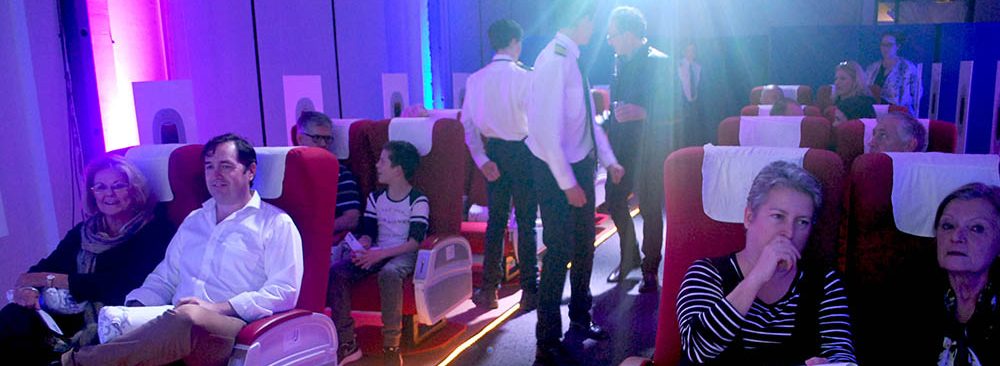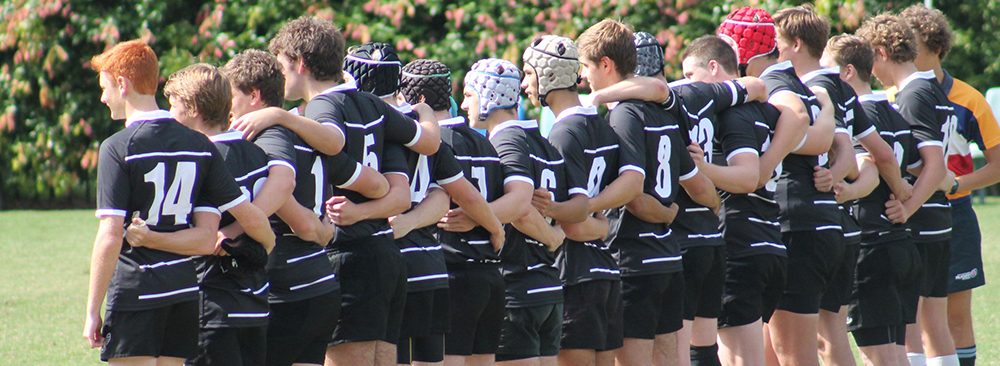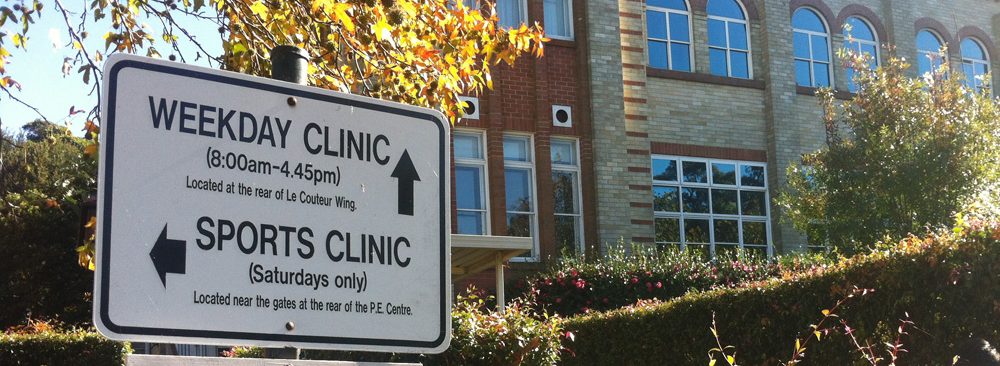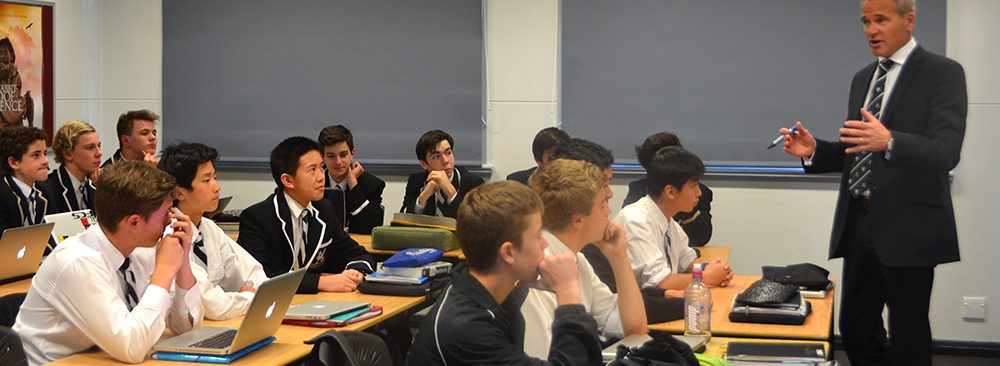A Community-wide approach to Anti-Bullying
Bullying is a threat to any school or workplace if it goes unchallenged. Workplace bullying exists all over the world between mature adults, who have spent years receiving good advice, often not setting the best of examples. Any school that claims to have zero bullying 100 per cent of the time would not be telling the truth. As young people attempt to establish themselves in their world, they can struggle in social situations, sometimes establishing themselves at the expense of others.
Bullying is the repeated intimidation of others, not one-off incidents. It is the purposeful attempt to control others and can be physical, emotional and social. In 2014 it need not be face-to-face, it can occur on social media as well as in the school yard. Schools have been the hotbed of bullying stories and the effects of what happens at school can follow young people into their adult life, affecting their wellbeing and mental health, their confidence, and their ability to relate to others. It is essential that a school be open about what bullying is and how to report it and manage it. Walking past it or not disclosing it simply condones it.
Bullying can be institutional in some cases and we ensure that our vertical House system minimises the chances of this with positive relationships encouraged and fostered between the boys. Some institutions have struggled with bullying as students ‘rites of passage’ involved older boys controlling younger ones with a ‘pass it on’ culture that was unhelpful.
Many schools now liaise with parents and communicate where there are issues between students. Whilst incidents of bullying are rare at Newington, we ask that parents be aware of and report to us the following signs:
- Physical injuries that cannot be easily explained
- Changes in appetite
- Personal items going missing
- Withdrawal from social gatherings
- Loss of sleep
- Any type of self-harm
In a western or developed culture obsessed with winning, combined with a mass media that is flooded with violent images, young boys can feel that ‘might is right’ and before they can appropriately manage themselves, they believe that dominating others in a powerful way is somehow expected of them.
Bullying can also occur online via many social media sites and this can be relentless if not managed properly. The playground teasing for some can go on into the evening. Writing comments about others and posting them can lead to problems for some, and without good supervision of our younger boys, it can lead to exclusion, poor online behaviour, and individuals being marginalised within the community.
At Newington College there has been much talk of the Newington man; a man of integrity, honesty, service and a conscience for others. To believe we have a perfect population would be very naïve and to assume that all boys will never try to control others would be delusional. However, we can, and frequently do, take steps to educate the boys about bullying and take stock of our climate with the use of anonymous surveys that the boys complete which assist us with identifying boys who need assistance both as victims and as perpetrators.
Our recent survey was very promising, with bullying proving to be a minor issue at Newington College. The vast majority of boys feel safe at school and are comfortable reporting bullying to staff members. According to the survey results, hardly any boys experienced bullying on social media and only a few students mentioning that their race or faith was targeted by others. Like any good institution however, we must constantly review what we do in relation to bullying and be transparent about it with the community. We have work to do regarding some boys being teased due to their physical appearance, and some students who claim to have witnessed some kind of bullying of others. Being open with the boys who have been named by others as being bullies and supporting those who have been identified as victims of bullying, allows boys to reflect and be warned that this behaviour is unwelcome.
As follow-up to the survey, Mentors have reminded the boys of the dangers of ‘bystanding’. They have reinforced the way to report bullying of themselves and of others, anonymously if necessary. Victims are advised individually in assertive behaviour and deflection techniques and bullies are warned and given a stern message regarding repeat behaviour. Being clear and open with the boys is easy, informing a parent on either side of the bullying equation is usually more upsetting. The label of bully has a negative stigma, however by being honest with all parties and working together, all boys improve and become more aware of their interactions.
Newington’s pastoral structure and small mentor groups allow for an intimate and honest relationship beyond a normal class, and is a huge benefit to the boys. Good supervision of those areas with a Head of House office located in the area means that they are safe. Staff training and disclosure to pastoral leaders is ongoing and is always on the Pastoral Executive’s agenda. Newington College manages its bullying well. It does not deny that bullying will raise its head from time to time, but it is well-managed. It is not denied or hidden and all parties get a fair hearing and good advice.
Should you experience any of the signs outlined above in this article, or wish to raise some other student issue, please contact me for an appointment here.
With every good wish,
Mr Robert Meakin
Deputy Head of Stanmore (Students)
















































